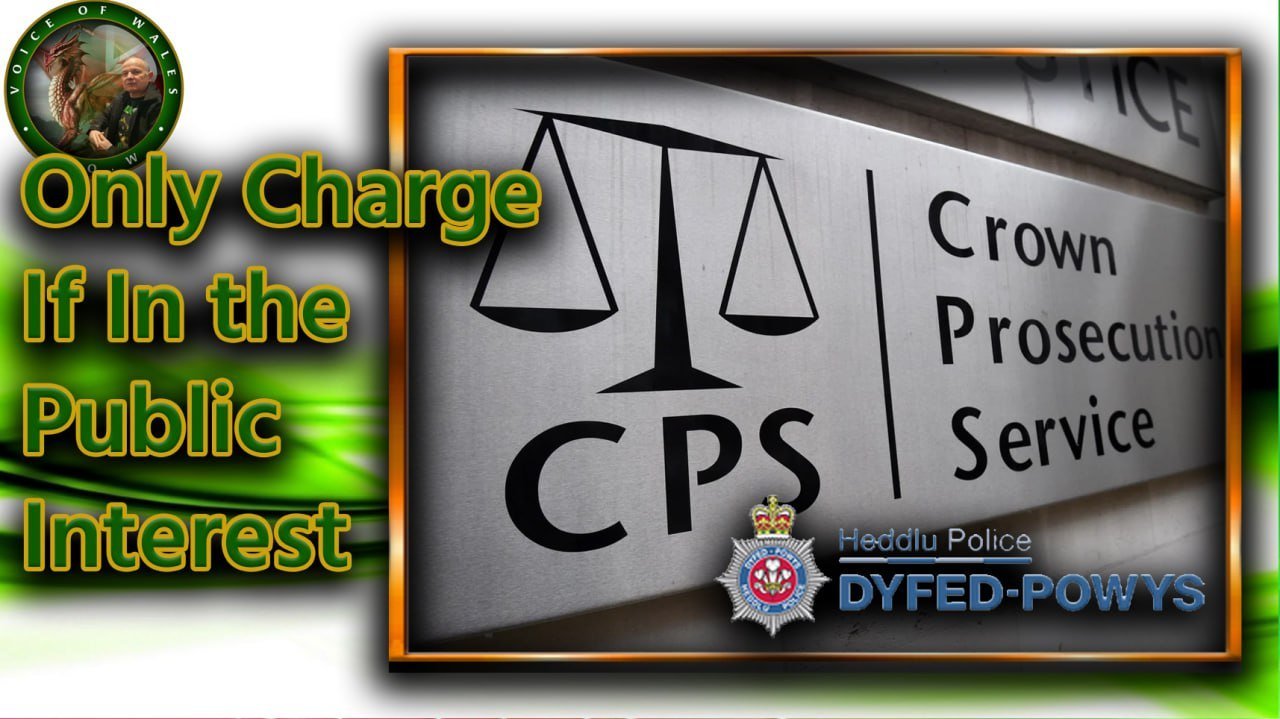
Police and CPS have to follow guidelines when deciding whether to charge a person with a criminal offence.
1/ They must consider if there is enough evidence to proceed with a realistic prospect of conviction
If there is then:
2/ they must consider if charging the person is in the public interest.
In the past few days arrests have been made after protests have taken place outside the Stradey park Hotel and Spa against plans for over 200 illegal migrants to be accomodated in the hotel.
Members of the Community have seen numerous incidents of violence carried out by illegal migrants all over Europe. Many are understandably scared for the safety of their families, and dont want the migrants accomodated in the hotel or dispersed throughout their locality in houses.
The same community have witnessed the strategy and restraint used by British Police throughout the UK when dealing with left wing ‘Just stop Oil’ and ‘Extinction rebellion’ protests which caused severe disruption.
The people of Llanelli expect the same level of courtesy, patience and impartiality from their own Police service during these difficult times.
The public interest stage
If the case does pass the evidential stage, Crown Prosecutors must then decide whether a prosecution is needed in the public interest. They must balance factors for and against prosecution carefully and fairly. Some factors may increase the need to prosecute but others may suggest that another course of action would be better. A prosecution will usually take place however, unless there are public interest factors tending against prosecution which clearly outweigh those tending in favour. The CPS will only start or continue a prosecution if a case has passed both stages.
The CPS also provides liaison with other agencies and Government Departments to work together to achieve improvements in the criminal justice system and to meet new domestic, European and global challenges of crime.
The principles we follow and our commitment to high standards of service are further outlined in the following:
• Our decisions will be independent of bias or discrimination but we will always consider the interests of others. We will act with integrity and objectivity and will exercise sound judgement with confidence.
• In our dealings with each other and the public we will be open and honest. We will show sensitivity and understanding to victims and witnesses and treat all defendants fairly.
• We are accountable to Parliament and to the public; we will work together with our colleagues to maintain public trust and to provide an efficient criminal justice system. In explaining our decisions we will be courteous and helpful.
• In order to achieve these high standards, we will report on our performance and respond to criticism positively.











0 Comments